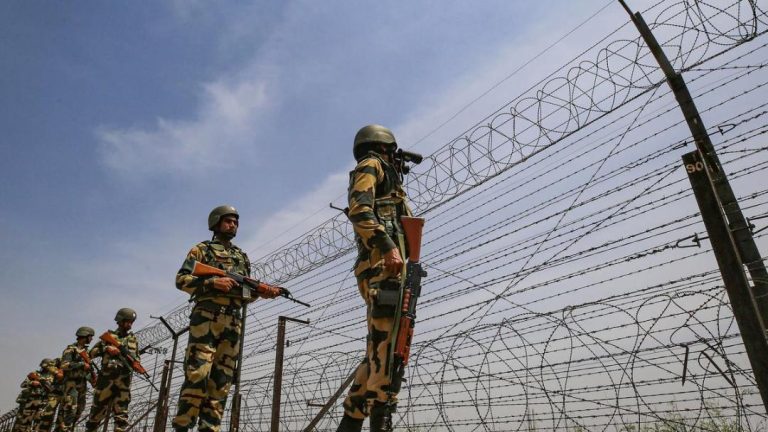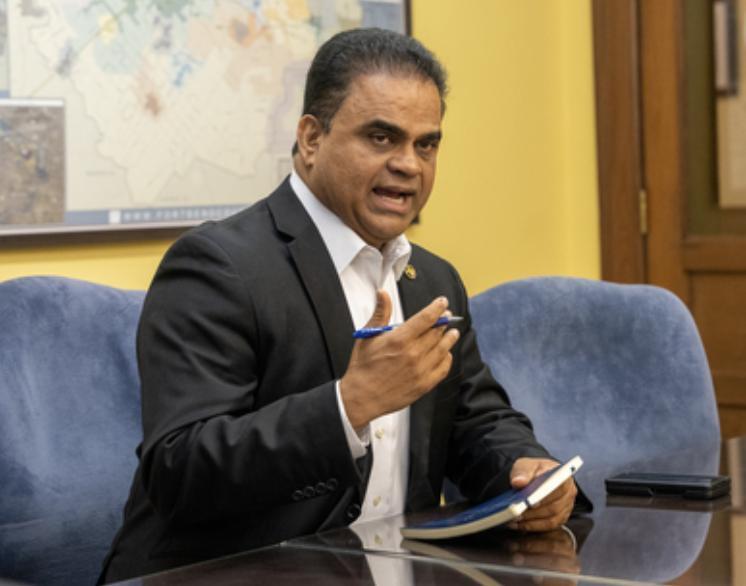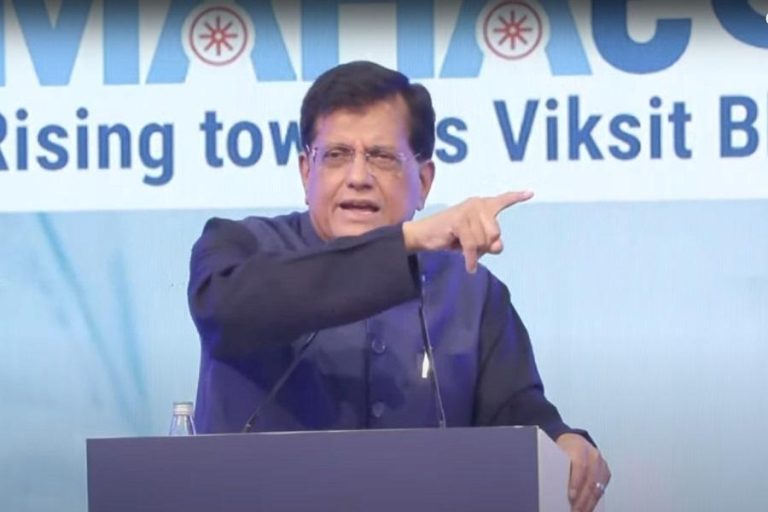
IT Employees Burn Murthy, L&T Chief’s Effigies for Proposing Longer Workweeks
The IT industry has long been known for its demanding work culture, with employees often working long hours to meet tight deadlines. However, a recent proposal by two prominent business leaders has sent shockwaves through the industry, with IT employees in Bengaluru taking to the streets to protest against what they see as exploitative work practices.
Infosys Founder Narayana Murthy and L&T Chairman SN Subrahmanyan have both recently suggested that employees should be willing to put in longer hours to meet the demands of the industry. Murthy proposed a 70-hour workweek, while Subrahmanyan suggested that employees should be prepared to work 90 hours a week. However, IT employees in Bengaluru have not taken kindly to these proposals, and have been protesting against them in a big way.
On Tuesday, a group of IT employees, led by the Karnataka IT/ITeS Employees Union (KITU), took to the streets to protest against the proposals. The employees, who were dressed in their work attire, burnt effigies of Murthy and Subrahmanyan to express their anger and frustration. The protest was held outside the Infosys headquarters in Bengaluru, and was attended by hundreds of employees from various IT companies.
Despite attempts by the Bengaluru Police to stop the protest, the employees were able to successfully burn the effigies. The police had tried to barricade the area and prevent the employees from accessing the Infosys headquarters, but the protesters were able to find a way around the barriers and carry out their protest.
The protest was a peaceful one, with the employees chanting slogans and waving placards to express their opposition to the proposals. The employees were also holding up signs that read “No to longer workweeks” and “Respect our rights”. The protest was a show of solidarity among IT employees, who are demanding better working conditions and a more humane work culture.
The proposals by Murthy and Subrahmanyan have been widely criticized by employees and industry experts alike. Many have argued that the proposals are unrealistic and would only lead to burnout and demotivation among employees. Others have pointed out that the proposals are a reflection of the exploitative culture that exists in the IT industry, where employees are often expected to work long hours without adequate compensation or recognition.
The protest by the IT employees in Bengaluru is a clear message to Murthy and Subrahmanyan that their proposals are not welcome. The employees are demanding a more sustainable and humane work culture, where they are treated with respect and dignity. It is high time that the industry leaders took note of the concerns of their employees and worked towards creating a better work environment.
The protest is also a reflection of the broader concerns about the impact of long working hours on employees’ health and well-being. Research has shown that long working hours can lead to a range of negative effects, including increased stress, anxiety, and depression, as well as physical health problems such as cardiovascular disease and musculoskeletal disorders.
In conclusion, the protest by the IT employees in Bengaluru is a powerful reminder that employees will not tolerate exploitative work practices. The proposals by Murthy and Subrahmanyan are a step backwards for the industry, and it is time for leaders to rethink their approach to employee management. The industry needs to prioritize the well-being and happiness of its employees, rather than just focusing on profits and growth.






